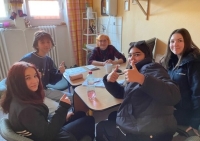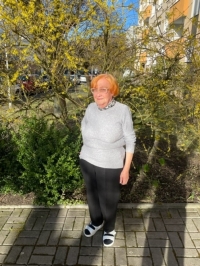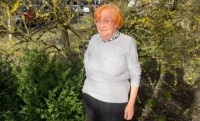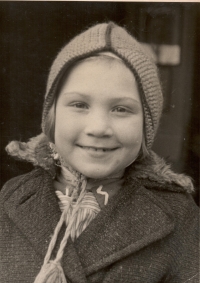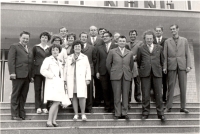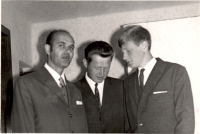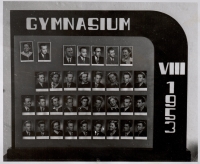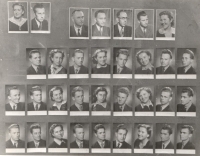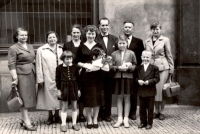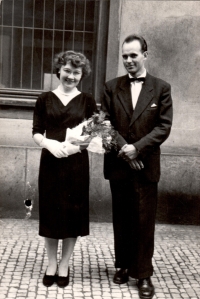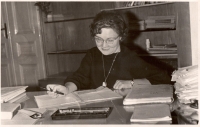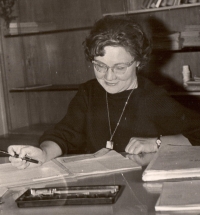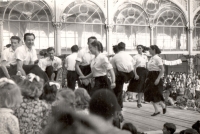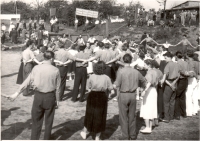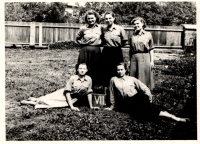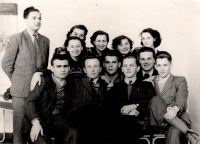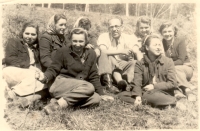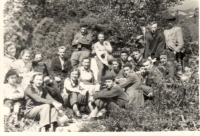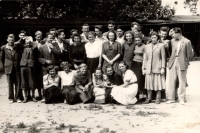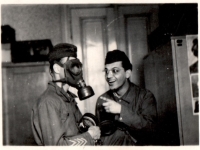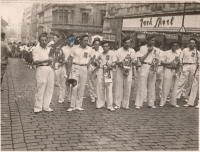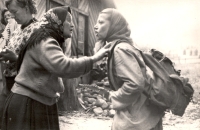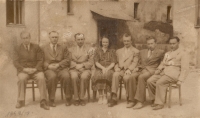When someone fell down, they shot him and knocked him down into a ditch
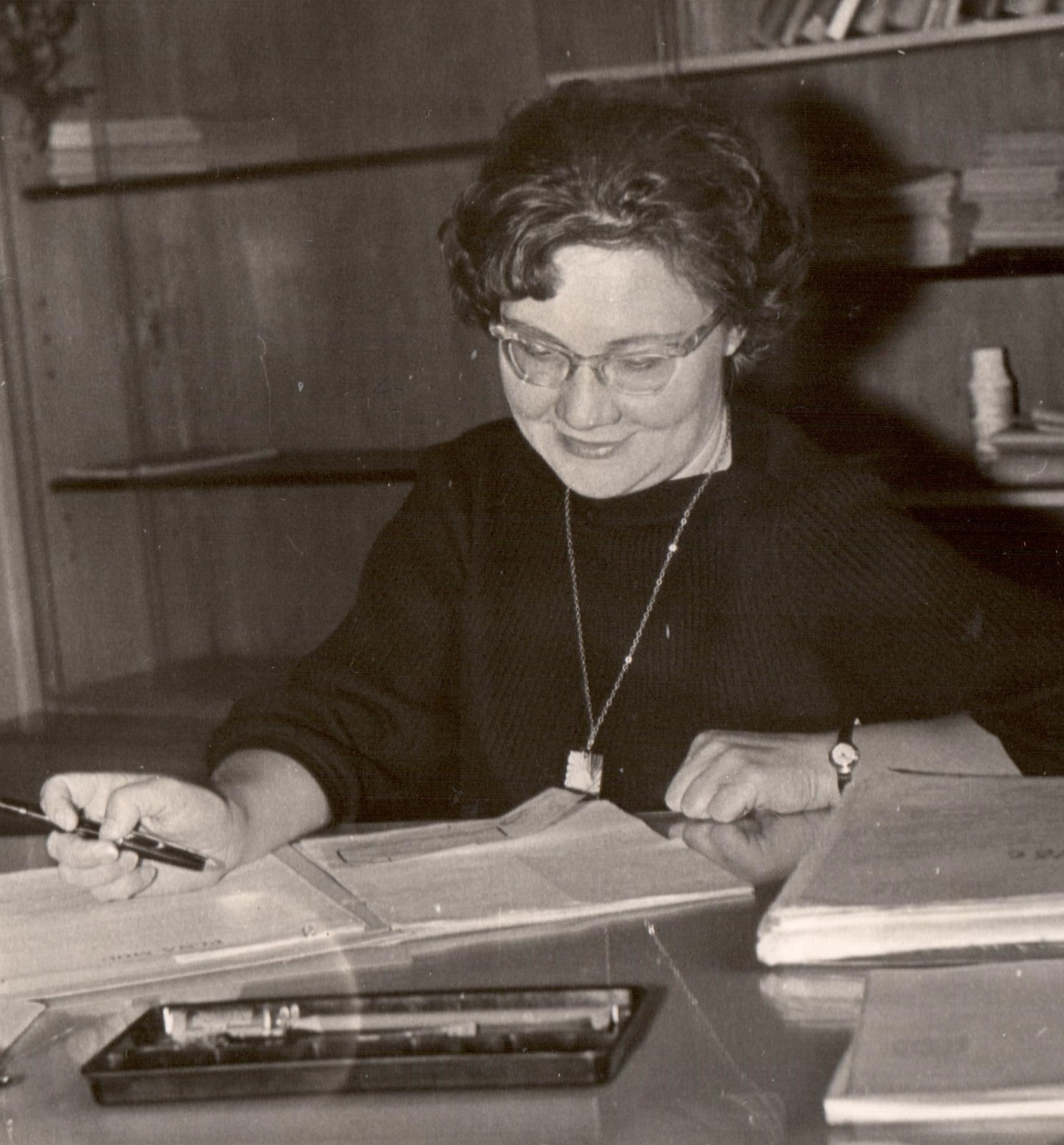
Stáhnout obrázek
Bozena Kršková was born on April 8, 1934 in Dubicko near Šumperk. She attended an elementary school in Moravičany in 1940. On the very first day, she was transferred to classes in the German language. When her parents did not agree, her father was given a choice: either they were in agreement or sign up for the Germans, otherwise he would be sent to work in the arms industry. The family therefore requested to move to the Protectorate, where the grandfather and grandmother already lived at that time. Bozena entered general school in Moravičany. In the school year 1944 to 1945, she entered the municipal school in Loštice. As a child, she witnessed the transport of Jews to concentration camps. Dad was totally deployed at the post office in Berlin, while Bozena and her brother, who was a year younger, stayed with her grandparents in Vranová Lhota. Here she became an eyewitness to a death march including the shooting of two prisoners. After liberation, the family returned to Dubick. In the years 1945 to 1946, she attended general school here, then grammar school in Zábřeh (1946 to 1953). Despite a bad report, she was accepted to study law. She graduated from the Faculty of Law in Prague between 1953 and 1958, after which she was assigned to Karlovy Vary. She worked at the district court there until 1969. After refusing to express approval for the August 1968 invasion, she had to leave. She worked as a lawyer in consulting firms from 1970 to 1989. After the Velvet Revolution, she ran a private law practice until 2014. In 2021, she lived in Karlovy Vary.
